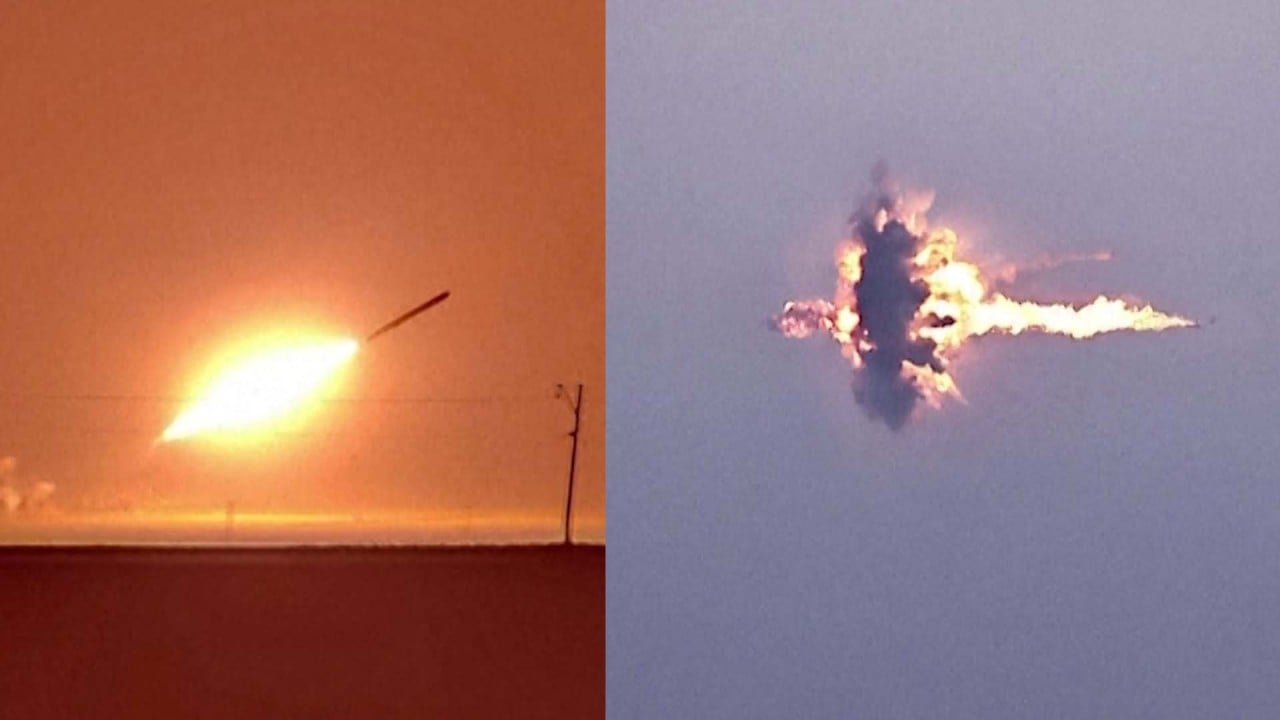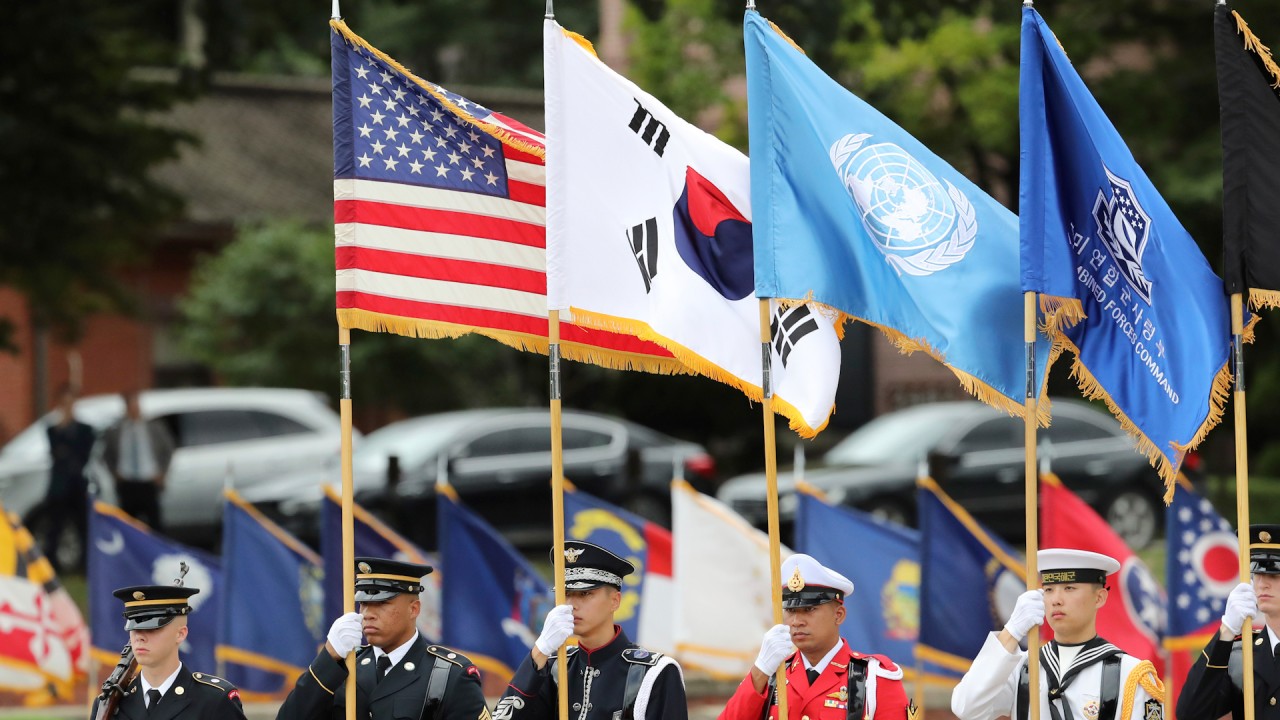Opinion | Spy satellite launches on Korean peninsula bode ill for peace
Immediately after the launch, South Korea partially suspended a 2018 inter-Korean military agreement in which the two Koreas agreed to de-escalate tensions along the border. The actions agreed on in the deal included halting field training exercises and stopping live-fire artillery drills near the Military Demarcation Line, designating no-fly zones and establishing maritime buffer zones.
Soon after its decision, the South Korean military deployed surveillance drones and reconnaissance aircraft near the border with the North.
Although South Korea sees the launch as a major win, the immediate consequences will not be greater security but instead higher tensions and possible military clashes with the North, which views South Korea’s satellite launch, paired with its decision to suspend part of the 2018 military accord, as attempts by the Yoon Suk-yeol government to divert attention away from domestic political issues.
Beyond mere rhetoric, the possibility of a military clash, even conflict, is increasing on the Korean peninsula. With the 2018 border buffer agreement effectively dead and South Korea reacting to North Korean actions in kind, there seems to be little room for a de-escalation of tensions.
Even though tensions escalated last year due to the relentless tit-for-tat series of military provocations by both the North and South, an actual clash between the two militaries was avoided. But will the same be possible in the coming months with the 2018 buffer agreement no longer in place? The answer is uncertain.
There’s only one way to avert nuclear war in Northeast Asia
There’s only one way to avert nuclear war in Northeast Asia
After North Korea’s satellite launch, the US imposed new sanctions against “foreign-based” agents while South Korea’s ministry of foreign affairs blacklisted 11 North Koreans believed to be connected with the country’s satellite and ballistic missile development.
And neither side seems genuinely interested in pursuing diplomacy. Although Washington continues to express its willingness to talk to Pyongyang, the North accuses the US of being “double-faced”, its actions (such as deploying nuclear-powered vessels to the South) not aligning with its words.
Kim Yo-jong, sister of North Korean leader Kim Jong-un, made her country’s stance clear in a statement published last week, saying it “will never sit face to face with the US” as long as the latter keeps pushing to negotiate away North Korea’s “sovereignty”. Seoul also seems uninterested in diplomacy, with the South Korean defence ministry announcing on December 4 the third test flight of a solid-fuel space rocket for surveillance operations.
President Yoon has made his disinterest in engaging diplomatically with the North abundantly clear, arguing instead that “true peace is built on overwhelming and strong power, and a firm will to use that power at any time to protect oneself”.
The chances of such power being used for offensive purposes, however, continue to rise with every action the South takes in response to the North.
Gabriela Bernal is a North Korea analyst and PhD scholar at the University of North Korean Studies in Seoul, South Korea




 Offers free spin
Offers free spin